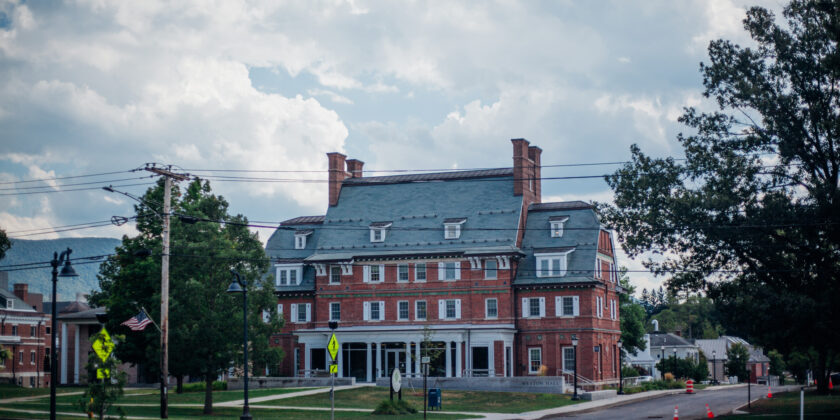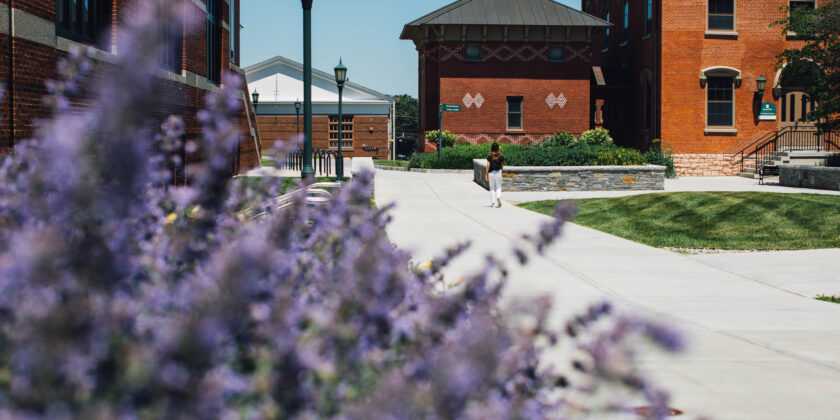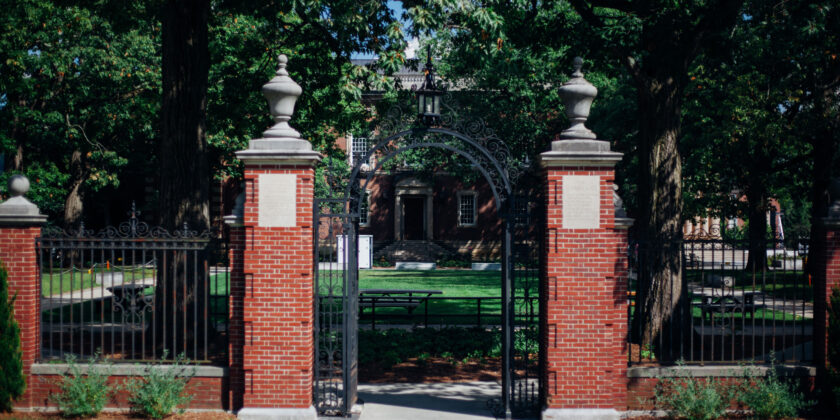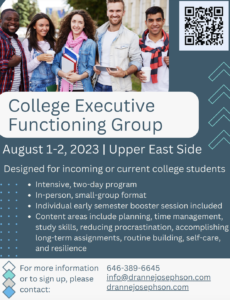Colleges That Require the Self-Reported Academic Record (SRAR)
Applicants need to complete the SRAR for the following schools, where required. You can typically find more information about the SRAR on a school’s application instructions. Please read them.
Baylor University (TX) — optional
Binghamton University (NY) – optional
Clemson University (SC) — required
Duquesne University (PA) – optional
Florida A&M University – optional
Florida Atlantic University — required
Florida Polytechnic University (NOT Florida Tech) – optional
Florida State University — required
Kean University of New Jersey — optional
Louisiana State University – optional
Montclair State University (NJ) – optional
New College of Florida — optional
New York University – required
Northeastern University (MA) – required
Pennsylvania State University — required
Rutgers University (NJ—Camden, New Brunswick and Newark) — required
Texas A&M University — required
United States Air Force Academy (CO) — required
University at Buffalo (NY) – optional
University of Connecticut – optional
University of Delaware – required
University of Florida — required
University of Illinois — required
University of Minnesota Twin Cities – required; also uses CA Courses/Grades Report
University of North Florida — optional
University of Oregon – also uses CA Courses and Grades Report (need to submit only one of the two—not required to complete both)
University of Pittsburgh (PA) – required
University of Rhode Island — required
University of South Florida — required
University of Tennessee Knoxville – required
University of Texas Arlington — required
University of Texas San Antonio – required
University of West Florida — required
Virginia Polytechnic Institute and State University (Virginia Tech) – required
***Please be sure to check with each individual college website to determine if this information remains current — PLEASE READ the application instructions!***
*Stay in the know! Subscribe*









